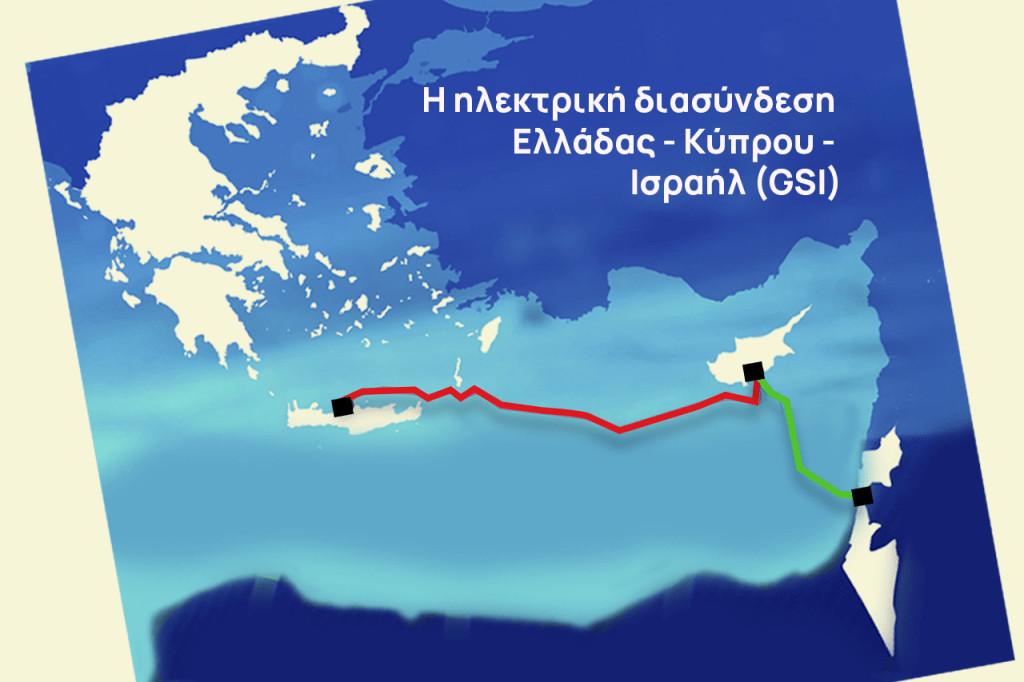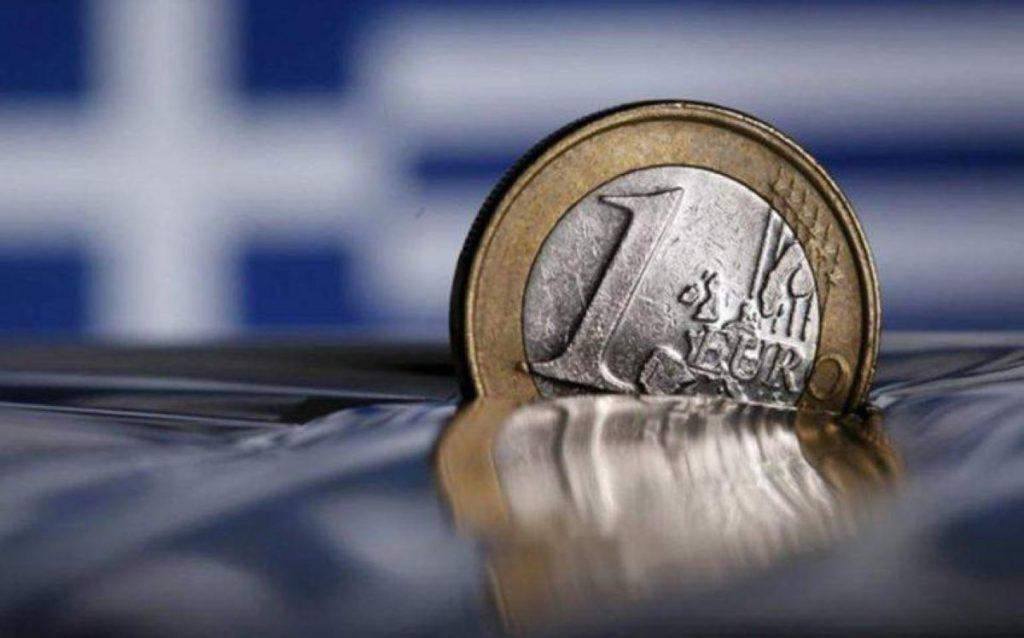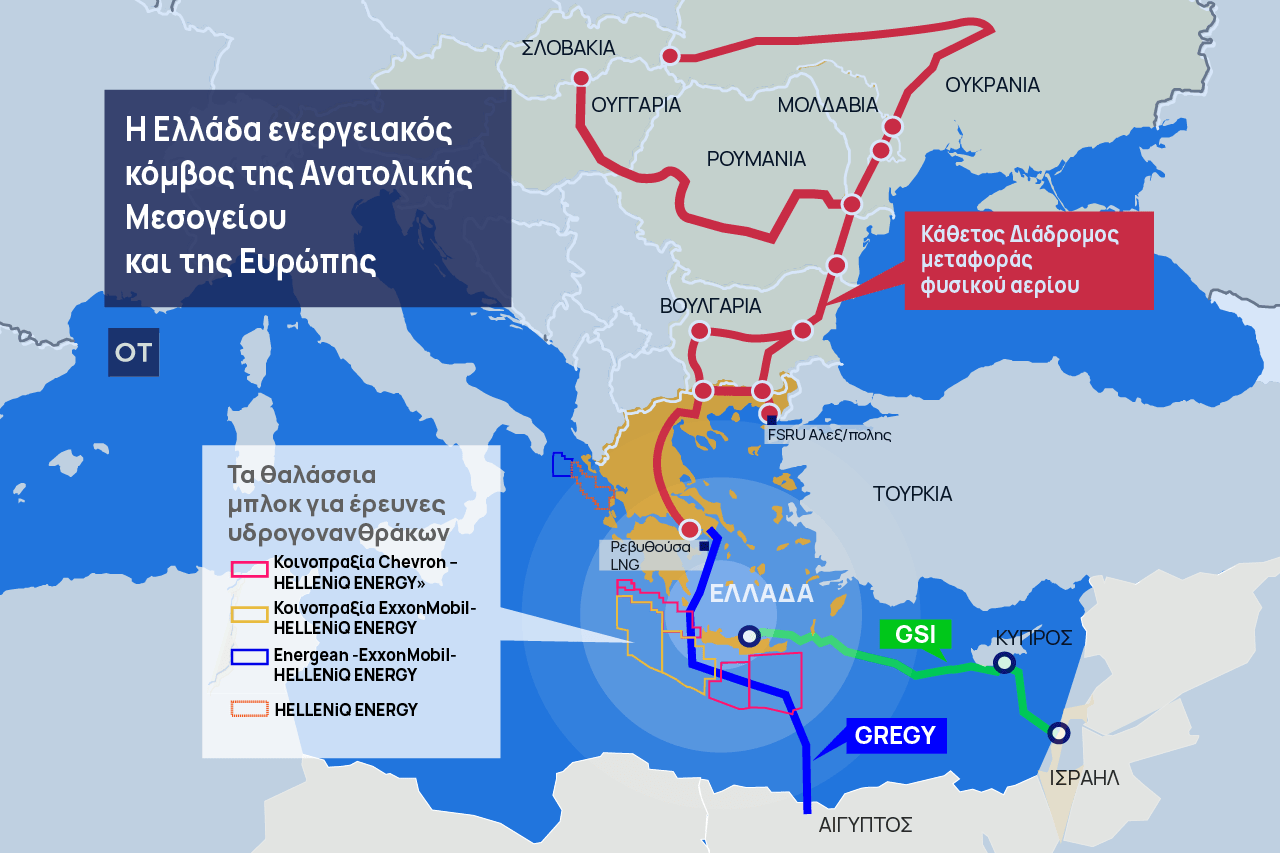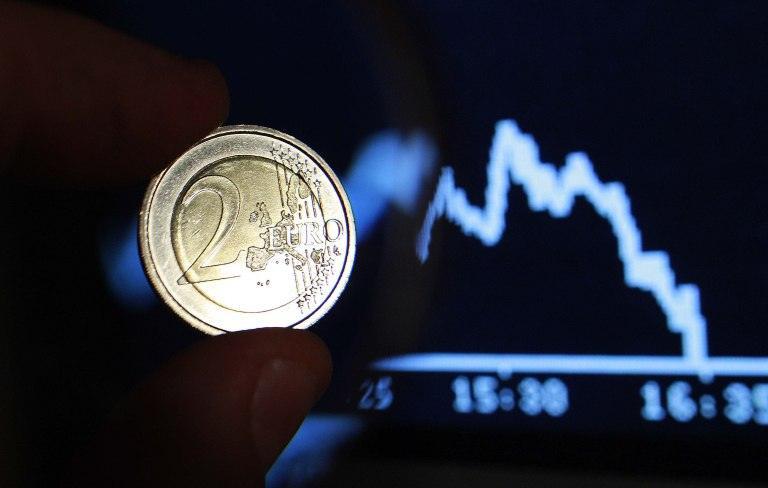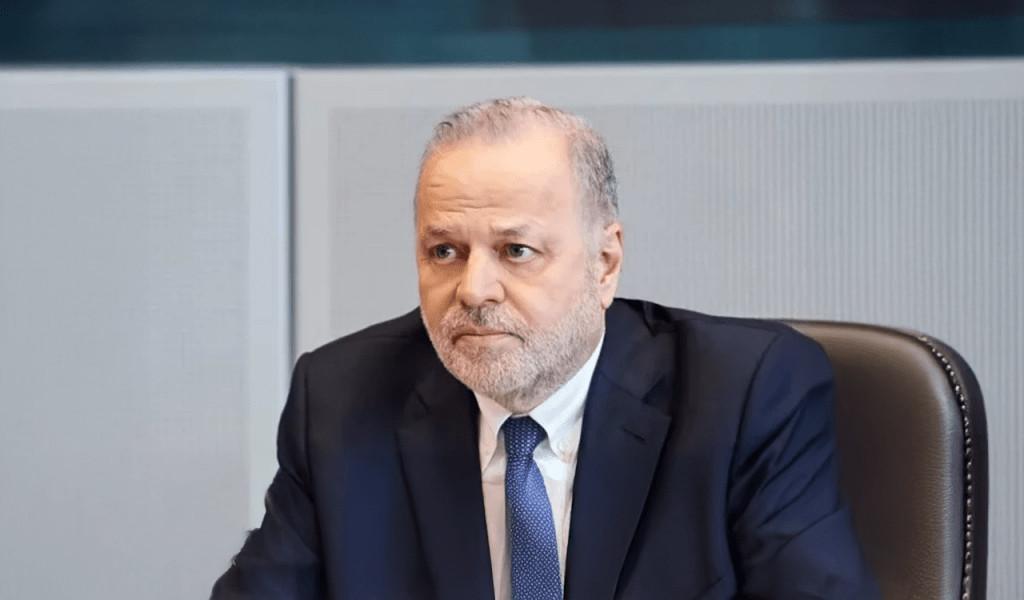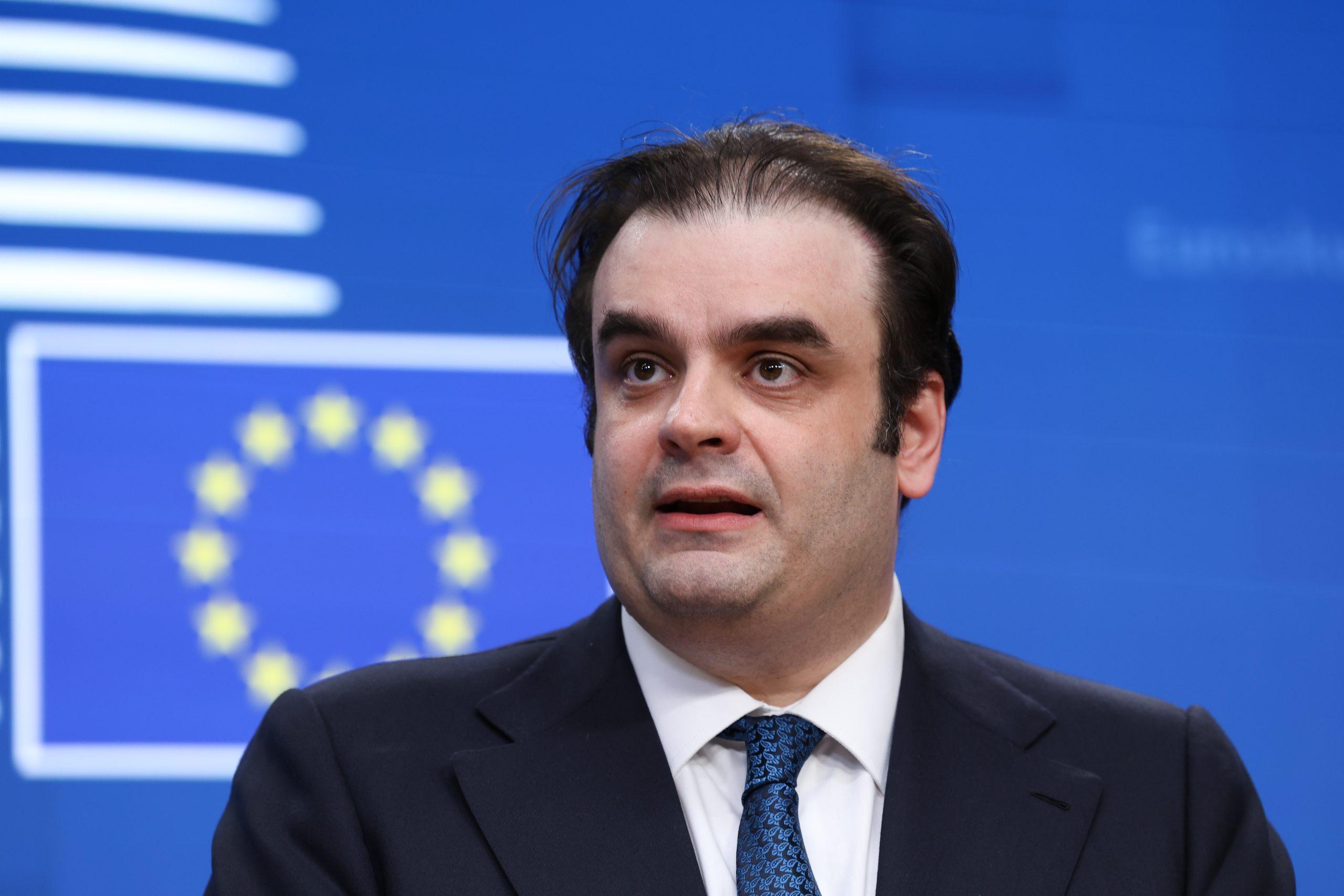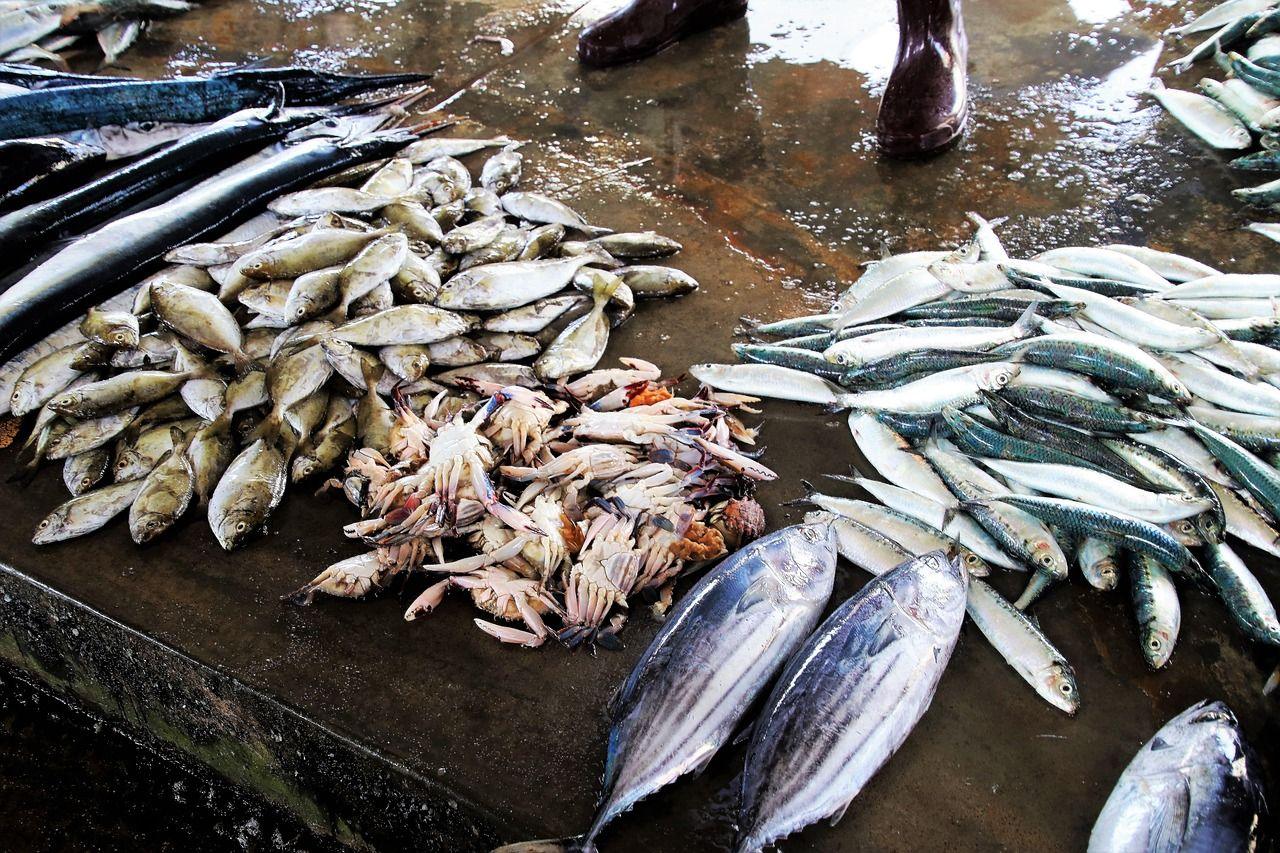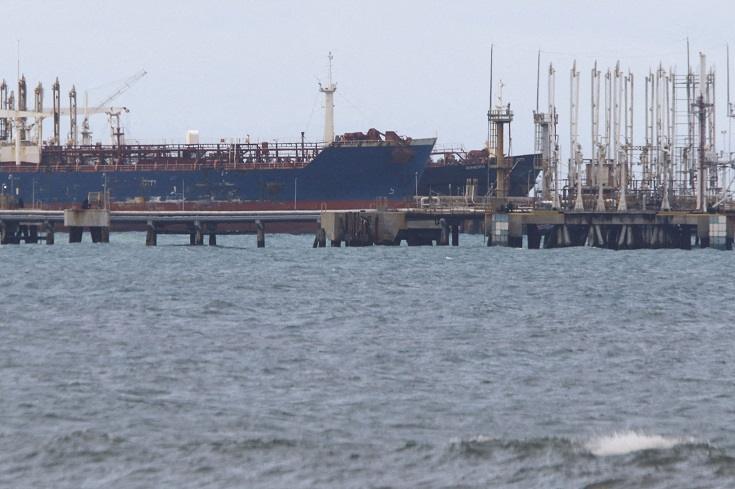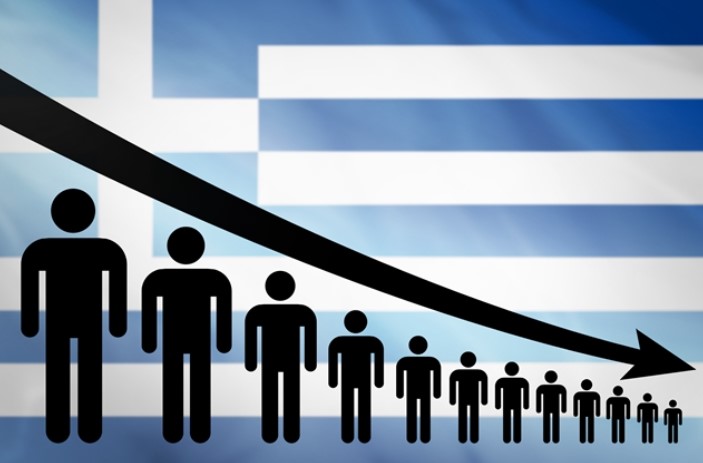There was no Plan B at the level of the Eurogroup or at the level of the European Council as a decision that could be implemented, but as a plan imagined by some states, says the former President of the Commission Jean-Claude Juncker, for the famous plan for Greece to leave the euro in the summer of 2015.
The Luxembourg politician, who strongly resisted this possibility and played a leading role in Greece’s stay in the eurozone, admits, however, in his interview with “NEA Savvatokyriako” that he made a major mistake in the first years of the euro. Today he supports the views of Commissioner Gentiloni on the revision of the fiscal rules, considering that more individualized rules are needed for each member state.
You have played a leading role in the course of the euro. In Maastricht, as the first president of the Eurogroup, and later president of the Commission during the crisis. What went wrong and we got to the crisis?
When I was chairman of the Intergovernmental Conference our main problem was to convince the French that the ECB would be independent, which was achieved. Today, no one is questioning the independence of the ECB. I was one of those who insisted on stronger coordination of eurozone economic policies. It did not happen the way I had hoped. The Germans were opposed.
The lack of stronger coordination proved to be a major weakness in the EMU principle. In 1991 there was a sense within the future eurozone member states that the financial markets would immediately reject any departure from the principles set. There was right thinking about how markets react. We saw how they reacted later due to the deficit and the high public debt of Greece. Today the euro is the second largest reserve currency in the world, with around 80% of Europeans believing that the euro was the right thing to do.
Has Greece joined the eurozone with false data?
I do not think so. I am not attacking Greece, but the tools we had at our disposal to avoid it. I was one of those who argued at the time that the Member States should not allow the Commission to look at national statistics, because the Commission already had a lot of power. It was a big mistake and I will never forgive myself.
Which moments of the Euro crisis do you remember most vividly?
We have never had a euro crisis. What we had was a public debt crisis in some member states, and especially in Greece, which was and remains the country with the worst performance. When we were called to react at the Eurogroup level, Greece did not do what it should. Later, even with Tsipras and today with Mitsotakis, Greece reacts correctly to the threats facing the eurozone as a whole.
At the moment I am satisfied with what Greece is doing and implementing. We wasted time in the years of Karamanlis, although we try to persuade him to implement the actions that had been proposed to him.
In the dramatic summer of 2015 what were the key elements of the well-known Plan B?
There was no Plan B at Eurogroup or European Council level. Some eurozone countries were trying to convince us that the Greek public debt was in no way sustainable, that Greece should be temporarily excluded from the eurozone. I was never convinced of that. I believed that after one, even temporary exit, there would be no going back and that others would follow the same path. I strongly defended Greece, especially in 2015 during the Tsipras government, not to exclude Greece from the eurozone. I did not give in to the simplistic position that Greece had to leave the eurozone in order to protect the eurozone. An argument supported by some members of the German government, but I resolutely opposed it.
It has been said that there was a Plan B.
There was no Plan B as a decision that could be implemented. I did my best to avoid a Plan B imagined by some countries, Germany, Finland, Slovakia, Slovenia and the Netherlands. I never promoted such an idea because I believed it would be the point where the eurozone would enter dangerous waters. And after all the discussions I had with Tsipras and others, I was convinced that in one way or another Greece would try to comply with the obligations imposed on it by the eurozone. But it was a difficult time. I had been called by some to put an end to the Greek issue, as they said. I never gave up.
To what extent will the review of fiscal rules proceed?
The Commission will present its proposals in the summer. The SGP needs to be reviewed, something that started when I was chairman of the Commission. Simplify, because no one knows the exact meaning of the rules, which have been added over time. Commissioner Gentiloni is right when he says that under an umbrella of common stability rules we need to have specific recommendations in each Member State, because the starting point, especially after the pandemic, is different for each country. We need general rules, but it does not make sense to have the same rules in all Member States. We need to focus more on national realities. It has been done during my presidency of the Commission in various ways, but it must now be institutionalized.
Eurobonds were your suggestion. Has the idea matured today?
I have always believed that we need a common, more focused tool of solidarity in the face of terrible events, provided that the rules agreed upon are respected by all, which was rejected by Germany, the Netherlands and others. Germany was never alone. The Greeks think that it was the country that pushed Greece to the corner. There was a majority of countries in the eurozone and the European Council that were more demanding than Greece, something I resisted. They did not know the real situation. Little did they know that especially the poorer classes, and there were many, could not stand the stupid, blind austerity. The Commission was moving against this majority. He was the real supporter of Greece.


